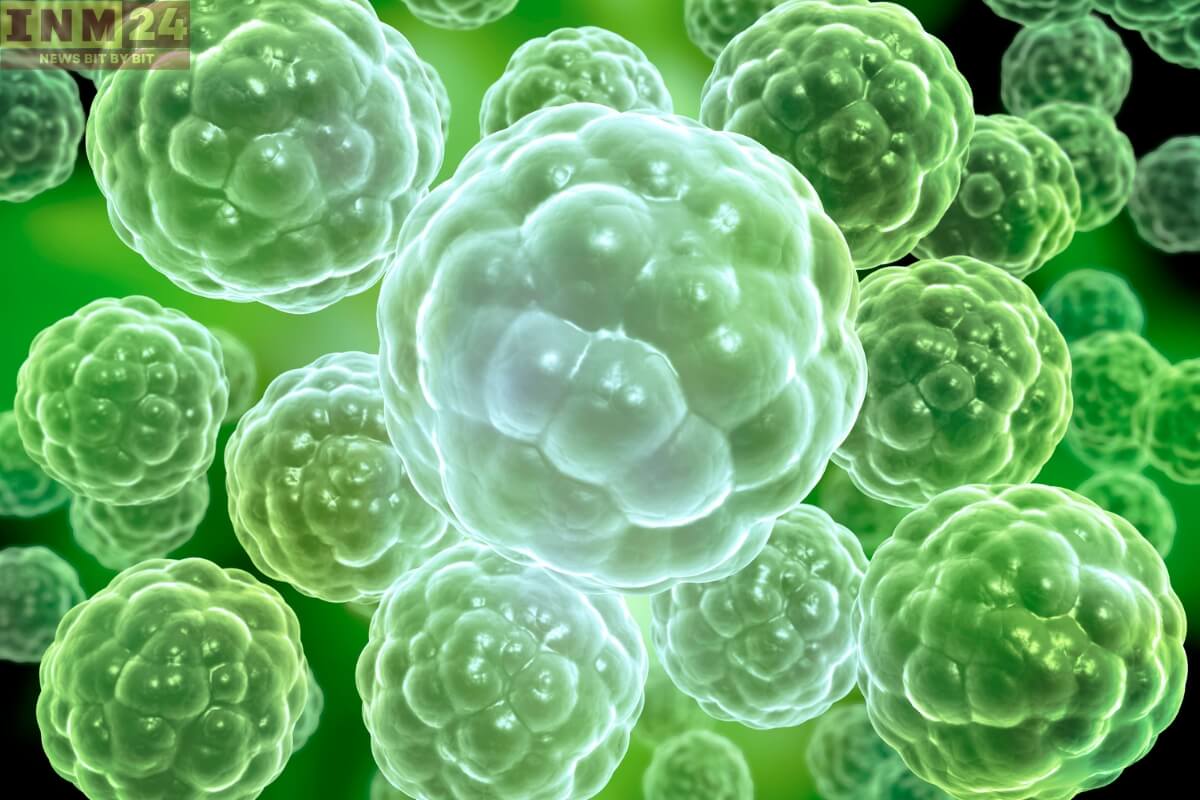Recent advancements in scientific research have shed light on the intricate mechanisms underlying multicellular organisms’ development and function. One such area of study focuses on understanding how alterations in protein folding processes impact multicellular life forms. This research provides valuable insights into fundamental biological processes and has implications for various fields, including medicine, biotechnology, and evolutionary biology.
The Importance of Protein Structure and Function in Living Organisms
Proteins are essential molecules that perform a wide range of functions in living organisms, from catalyzing biochemical reactions to providing structural support. The three-dimensional structure of a protein, determined by its folding pattern, is critical for its proper function. Any deviations from the correct folding pathway can lead to misfolded proteins, which may be dysfunctional or even harmful to the cell.
In multicellular organisms, proper protein folding is crucial for various biological processes, including cell signaling, cell adhesion, and tissue development. Research has shown that alterations in protein folding pathways can disrupt these processes, leading to developmental abnormalities, disease states, or impaired physiological functions.
One example of how changes in protein folding contribute to multicellular organisms’ function is evident in neurodegenerative diseases such as Alzheimer’s, Parkinson’s, and Huntington’s disease. In these conditions, misfolded proteins accumulate in the brain, forming toxic aggregates that interfere with neuronal function and ultimately lead to cell death. Understanding the underlying mechanisms of protein misfolding and aggregation is essential for developing effective therapies for these devastating diseases.
Moreover, research has highlighted the role of protein folding in embryonic development and tissue regeneration. Proper folding of signaling proteins, growth factors, and extracellular matrix components is essential for coordinating cell behaviors and tissue morphogenesis during embryogenesis and wound healing processes. Disruptions in these folding pathways can lead to developmental defects or impaired tissue repair capacity.
Practical Applications of Protein Folding Research in Biotechnology and Drug Discovery
In addition to its importance in health and disease, protein folding research has practical implications for biotechnology and drug discovery. By elucidating the molecular mechanisms governing protein folding, scientists can design novel therapeutic strategies targeting protein misfolding diseases or develop biotechnological applications for protein engineering and design.
Overall, research demonstrating how changes in protein folding contribute to multicellular organisms’ function provides a deeper understanding of the fundamental principles governing life processes. This knowledge not only advances our understanding of biology but also has practical implications for various fields, including medicine, biotechnology, and evolutionary biology. By continuing to unravel the complexities of protein folding, scientists can pave the way for innovative solutions to address human health challenges and enhance our understanding of the natural world.
